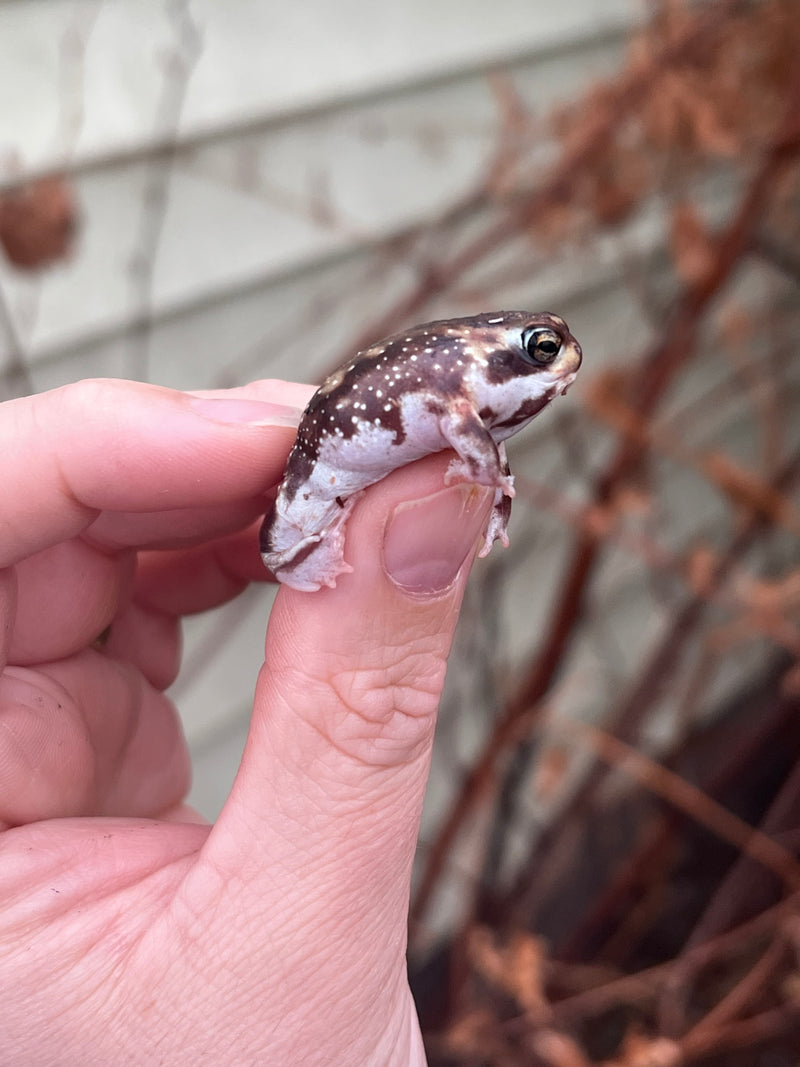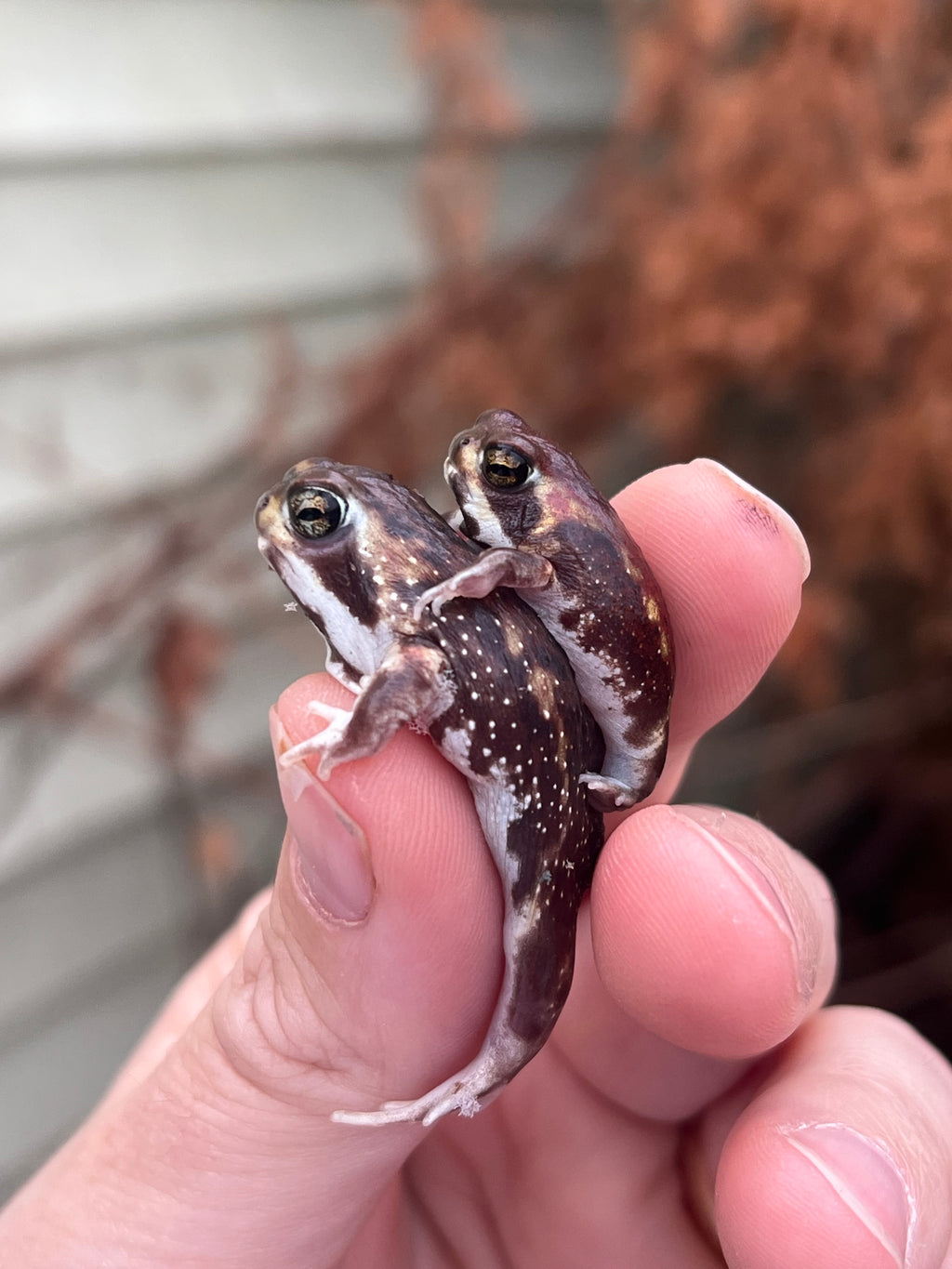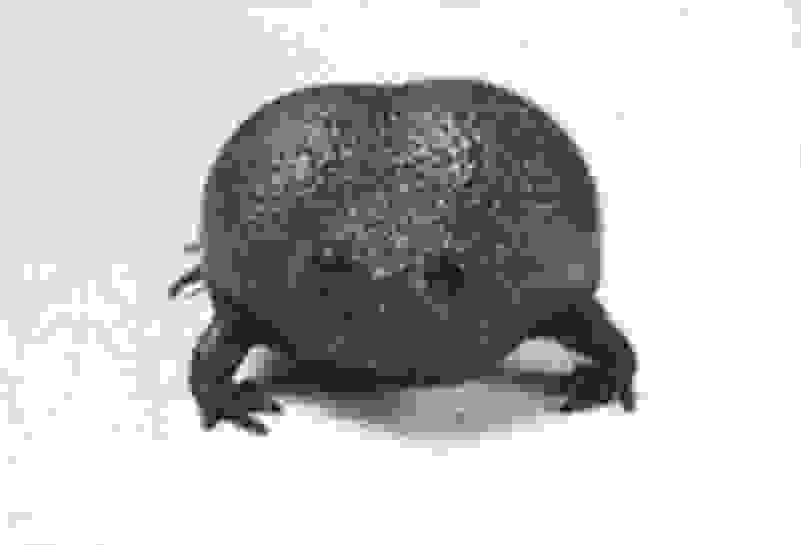Common Health Issues in Reptiles: Symptoms and Solutions
In the intricate globe of reptile treatment, comprehending the typical health and wellness problems that may influence these one-of-a-kind animals is vital in guaranteeing their wellness. From respiratory infections that can calmly hold to metabolic bone illness that can incapacitate, reptiles are susceptible to an array of disorders that need eager monitoring and timely treatment. Whether it's coming to grips with parasitic infestations, browsing dehydration issues, or resolving skin conditions that manifest in refined methods, being attuned to the signs and geared up with the knowledge of reliable services is essential for any kind of reptile owner. By delving additionally into the subtleties of these health concerns and checking out the practical solutions available, one can guard the health and wellness and vigor of these fascinating pets.
Respiratory Infections
Breathing infections in reptiles can substantially impact their general health and need timely attention from seasoned vets. These infections are commonly caused by fungis, microorganisms, or infections and can materialize through signs and symptoms such as hissing, nasal discharge, open-mouth breathing, and sleepiness. In reptiles, respiratory system infections can be specifically testing to diagnose and treat because of their special composition and physiology. Vets usually count on a combination of physical assessments, diagnostic imaging, and lab tests to precisely determine the underlying cause of the infection.
Treatment for respiratory system infections in reptiles commonly includes a combination of encouraging treatment, such as keeping appropriate moisture levels and temperature gradients in the room, as well as targeted medication to attend to the details pathogen liable for the infection. It is essential for reptile owners to check their animals closely for any kind of indicators of respiratory distress and look for vet treatment at the earliest indicator of an issue. With prompt treatment and proper treatment, lots of reptiles can recover fully from respiratory system infections and return to regular activities.

Metabolic Bone Condition
What elements contribute to the advancement of Metabolic Bone Condition in reptiles?
Metabolic Bone Condition (MBD) in reptiles is largely caused by a lack of proper calcium, phosphorus, and vitamin D3 levels in their diet regimen. Additionally, poor exposure to UVB light protects against reptiles from synthesizing vitamin D3, which is critical for calcium absorption and bone health and wellness.
Various other adding elements to MBD include incorrect temperature gradients within the reptile's habitat, causing lowered metabolism and damaged calcium absorption. Insufficient moisture levels can likewise impact a reptile's capacity to metabolize calcium properly. Specific reptile types have certain nutritional requirements that, if not fulfilled, can raise the chance of developing MBD. Normal veterinary exams, proper husbandry techniques, and a well balanced diet regimen are vital to stop Metabolic Bone Condition in reptiles.
Parasitic Infestations
Parasitic problems posture a significant health and wellness risk to reptiles, affecting their general wellness and needing punctual vet interest. Reptiles can be affected by various bloodsuckers, including mites, ticks, internal worms, and protozoa. These parasites can trigger a variety of symptoms, such as weight management, sleepiness, skin irritation, looseness of the bowels, and even death if left neglected.
One usual parasite discovered in reptiles is the mite, which can trigger skin tension, inflammation, and anemia. Ticks are an additional exterior bloodsucker that can send diseases and create discomfort to the Recommended Site reptile. Internal parasites like worms and protozoa can cause digestion issues, lack of nutrition, and damage the reptile's body immune system.
To detect a parasitic problem, a veterinarian might perform fecal tests, skin scrapings, or blood tests. Treatment usually entails deworming medications, antiparasitic baths, or in serious instances, hospitalization. Preventative measures such as regular veterinary exams, appropriate health, and quarantine procedures for brand-new reptiles can assist reduce the threat of parasitical infestations and ensure the health of reptile animals.
Dehydration and Hydration Issues
Dehydration in reptiles can significantly impact their health and wellness and wellness, necessitating prompt intervention and suitable hydration management. If left untreated, dehydration can lead to significant health and wellness issues and even be fatal to the reptile.
To protect against dehydration, reptile proprietors must make sure that their family about his pets have accessibility to clean water in any way times. The water dish must be large enough for the reptile to take in if required, particularly for species that take in water via their skin. Additionally, maintaining proper humidity degrees in the reptile's unit and giving regular bathrooms can aid stop dehydration.
In situations of dehydration, it is critical to look why not try this out for vet treatment quickly. A veterinarian may provide fluids either by mouth or via shots to rehydrate the reptile. It is necessary to resolve the underlying source of dehydration to protect against recurrence and make certain the reptile's total wellness.
Skin Disorders

Final Thought

Respiratory infections in reptiles can substantially influence their general health and wellness and require punctual attention from skilled vets (rain frog for sale). Preventative measures such as routine veterinary exams, proper health, and quarantine treatments for brand-new reptiles can aid reduce the threat of parasitic infestations and make sure the well-being of reptile family pets
If left neglected, dehydration can lead to significant health and wellness concerns and even be fatal to the reptile.
Regularly checking your reptile for any modifications in skin shade, look, or texture can assist in early detection and therapy of skin conditions, advertising the overall wellness and well-being of your flaky companion. - rain frog for sale
In verdict, reptiles are vulnerable to various health and wellness concerns such as respiratory system infections, metabolic bone disease, parasitic invasions, dehydration, and skin disorders.